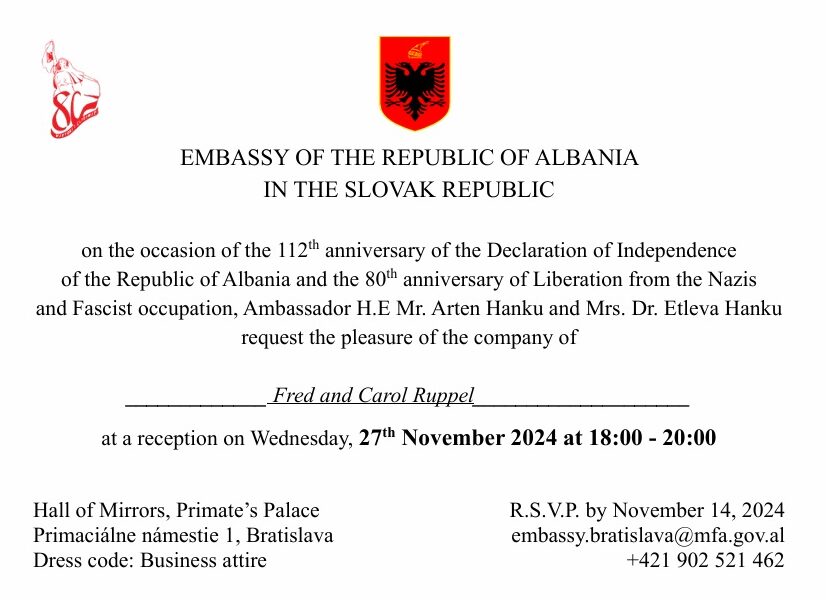II Corinthians 10
Dear RTB’ers,
No doubt Paul faced opposition in Corinth – from Synagogue leaders, from false teachers, from “parishioners” who feel that they had been maligned by him in his letters, so I feel like his “boasting” was more self-defense than “bragging”: For even if I boast a little too much of our authority, which the Lord gave for building you up … I will not be ashamed. (v. 8) Paul knows from where his authority and his gifts and his impediments have come, and he is quick to acknowledge the Lord’s work in his life. If his opponents want to call that boasting, Paul tells them to stop comparing themselves with one another: But when they measure themselves by one another and compare themselves with one another, they are without understanding. (v. 12b) We were taught from an early age to compare ourselves with one another – the A’s and B’s, etc. in school; beauty pageants, competitions in sports. Hopefully we’ve left a lot of that behind, but we are still prone to look to others for societal standards. But when it comes to matters of faith, we live by higher standards: For though we walk in the flesh … the weapons of our warfare are not of the flesh but have divine power… (vv. 3a, 4a) Let’s live in that “divine power”!
Blessings!
